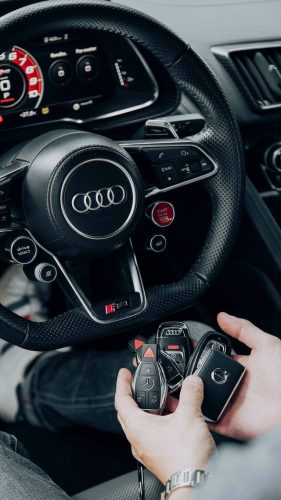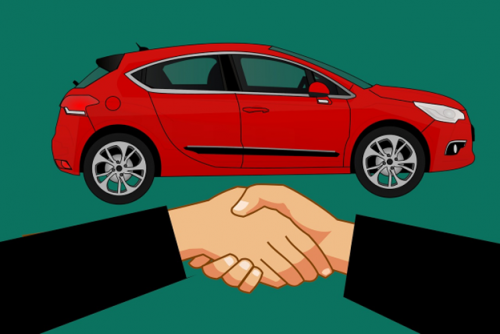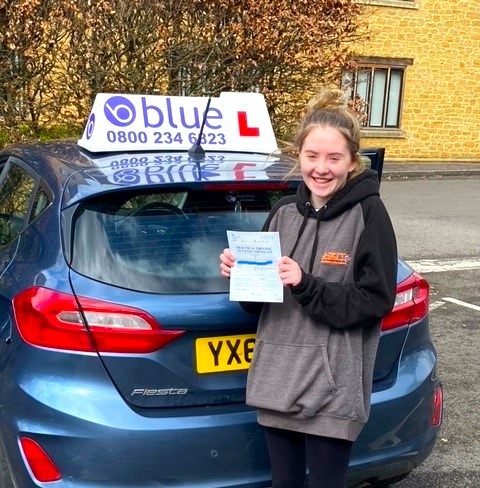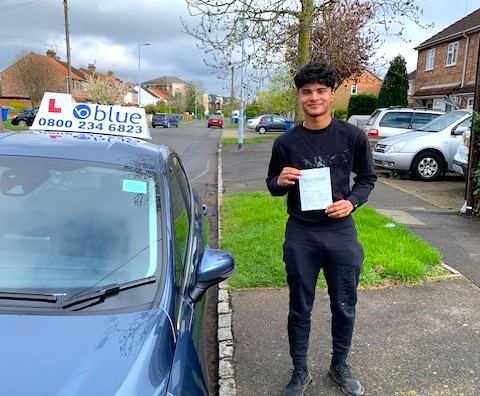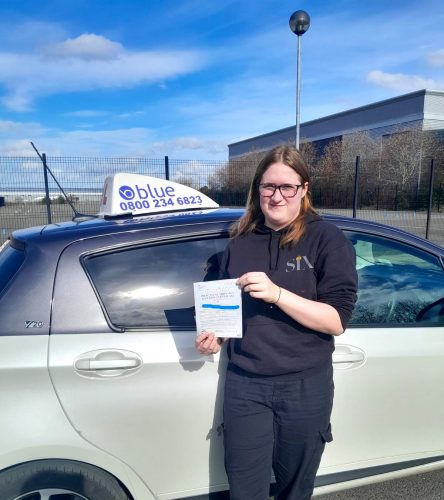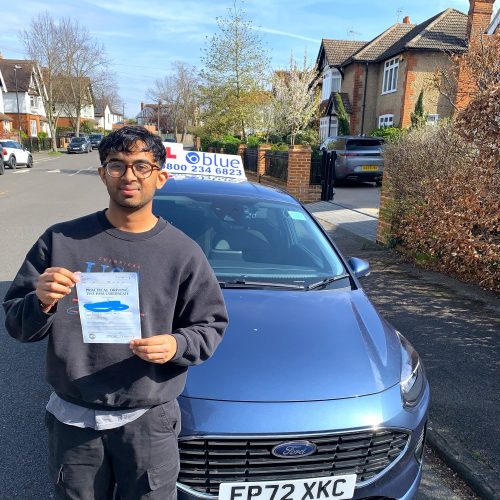
What you need to know about black box insurance as a new driver
Posted in: Car Insurance, News.
The first thing young drivers need to know about black box (or telematics) insurance policies is that they could save you money!
In fact, research compiled in June 2020 showed almost 70% of drivers aged 17 to 20 could save money by choosing a telematics insurance policy.
That alone makes it worth considering – but there are some downsides to these policies too. Here we take a look at what telematics is, how it works and the pros and cons.

What is telematics insurance?
A telematics insurance policy is one that uses technology to record how well you drive and bases the cost of premiums on the results.
Traditionally telematics policies relied upon ‘black boxes’ – small mobile phone sized devices fitted into cars – in order to record driving data.
Now, some still use professionally installed black boxes, whilst others record data through a mobile phone or self-installed device.
What are the pros of telematics insurance policies?
Telematics insurance policies reward good driving by offering lower premiums to drivers who adhere to certain parameters.
That usually means that to achieve the biggest savings drivers must demonstrate that they do not speed or regularly brake harshly.
Some telematics policies may also require you to not drive at certain times of the day (at night, for example, when more accidents tend to occur) or to only drive a certain amount of miles. Telematics devices may also record information on how you corner or the amount and length of journeys you do.
The benefits of telematics policies, outside of the savings on offer, are around:
- the influence these policies can be seen to have on driving style. Because drivers are rewarded for driving more safely they are thought to encourage safer driving.
- evidence provided by telematics devices if you are involved in a collision, which may be able to be used to speed up a claims process or prove you were not at fault.
- the GPS data being used to help someone find you if you are involved in a collision or, if you have a fixed box in the car, to find it if it is stolen.
Negatives of telematics policies
Some motorists don’t like the feeling of being monitored as they drive and it can make some people feel nervous.
There have also occasionally been reports of flawed telematics systems that said drivers had been speeding when they hadn’t or even that they’d been driving when the car was parked!
The more usual complaint about telematics policies is in relation to the ones that place curfews on drivers or restrict the number of miles they can drive.
For motorists who fail to stay within the rules, premiums may go up.
How much should I pay for car insurance?
The cost of car insurance is based on a number of factors which help an insurance company assess how much of a risk you pose to them.
Being a new driver is seen as one of the biggest risks due to there being an increased likelihood of inexperienced drivers being in collisions and making a claim.
Other major factors that impact how much car insurance is for new drivers include the make and model of your vehicle and where you live.
The average insurance premium for motorists aged 17-24, in August 2020, was calculated to be £1,126 by Compare the Market. For 25-34 year olds the average price was £777.
The average price of insurance dropped in 2020, which many people put down to pressure on insurance companies to pass on the savings from a reduced number of claims this year due to fewer people driving during the coronavirus lockdowns.
Tags: What you need to know about black box insurance as a new driver






